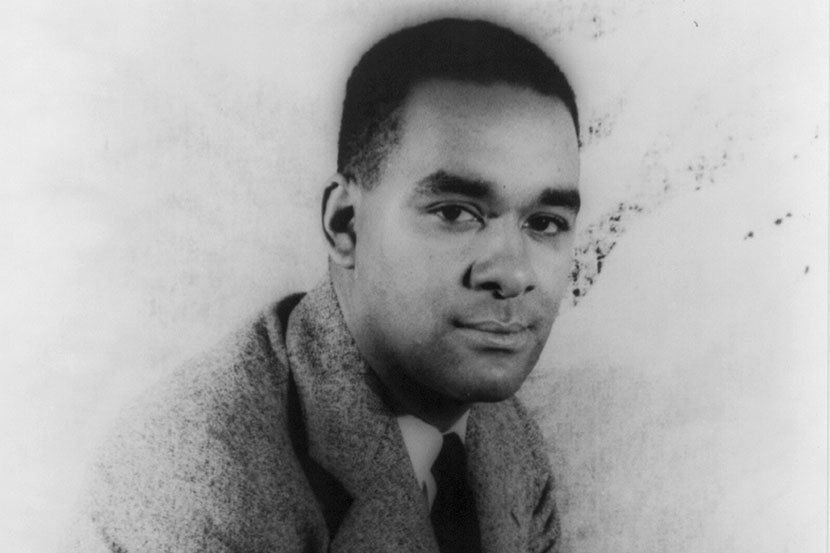On April 20, some eighty years after it was first written, Library of America will release Richard Wright’s The Man Who Lived Underground, a previously unpublished novel about race and police violence by one of the most influential African American writers of the last century.
Written in the same period as Native Son (1940) and Black Boy (1945), The Man Who Lived Underground tells the story of Fred Daniels, a Black man framed by the police for a double murder he did not commit. Beaten and tortured until he confesses, Daniels then escapes, disappearing into the city’s sewer system on an underworld journey in the dark heart of American culture. Wright considered this book his finest work, but its graphic portrayal of police brutality may have made it untouchable for American publishers in the 1940s. Some of this material would eventually see publication only in much truncated form as a short story included in the anthology Cross-Section: A Collection of New American Writing in 1944 and then in the posthumous 1961 collection, Eight Men.
Richard Wright’s elder daughter and literary executor, Julia Wright, was the catalyst behind this effort to bring Richard Wright’s novel to light. Recognizing the significance of the excised pages on police brutality and the novel’s artistic merits, she reached out to Library of America to see whether it might be published together with her father’s companion essay about the genesis of the book, which meant more to him than anything he had yet written.

Publication of The Man Who Lived Underground continues Library of America’s exploration in the Wright archives begun three decades ago. In 1990, while preparing a two-volume edition of Wright’s works, editors at Library of America discovered that significant portions of the novel Native Son and the memoir Black Boy had been censored at the request of Book-of-the-Month Club. Finally, a half-century after their original publication, readers were at last able to encounter Wright’s books as he had written them, in the two-volume Library of America unexpurgated edition, which established the now standard texts for these classic works.
Now, Library of America presents an authoritative text of Wright’s novel based on extensive study of original typescripts and letters. In addition, this book includes Wright’s unpublished companion essay “Memories of My Grandmother,” in which he states: “I have never written anything in my life that stemmed more from sheer inspiration, or executed any piece of writing in a deeper feeling of imaginative freedom, or expressed myself in a way that flowed more naturally from my own personal background, reading, experiences, and feelings than The Man Who Lived Underground.” Completing the edition is an afterword by Malcolm Wright, the author’s grandson.
| “Might very well be Wright’s most brilliantly crafted, and ominously foretelling book.” —Kiese Laymon |
Library of America president and publisher Max Rudin says, “we are grateful to Julia and Malcolm Wright for the immense privilege of working with them to bring readers here and throughout the world this never-before-seen and extraordinarily timely novel by a great American writer at the height of his powers.”
The Man Who Lived Underground is also available in eBook from Harper Perennial and in audio from Caedmon, an imprint of HarperAudio.




